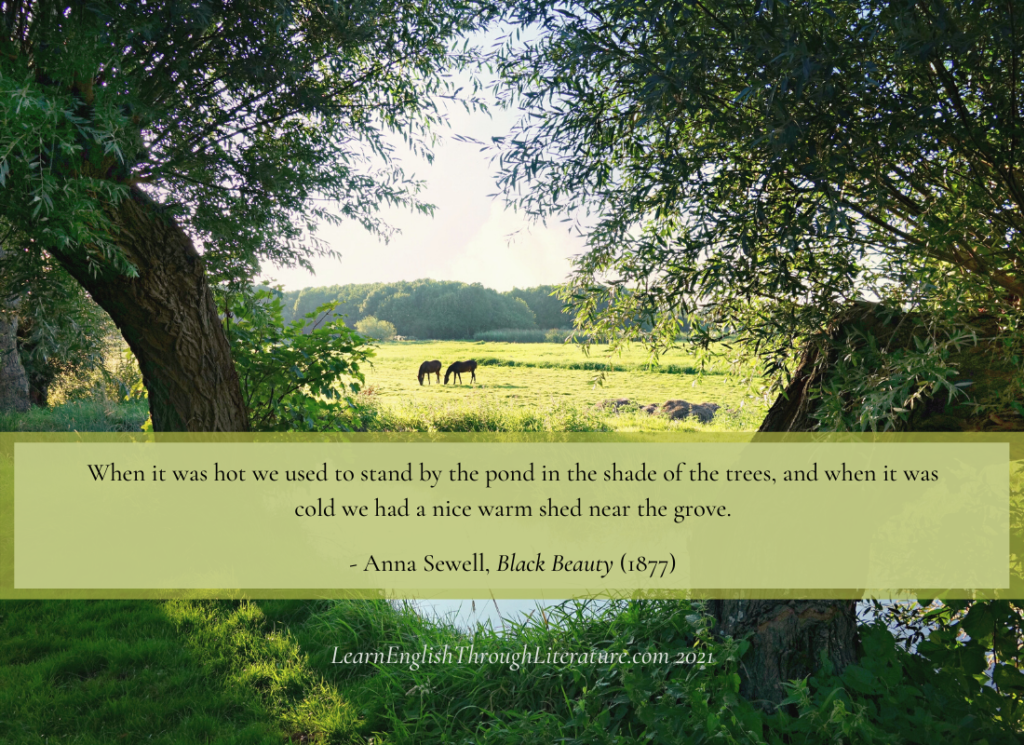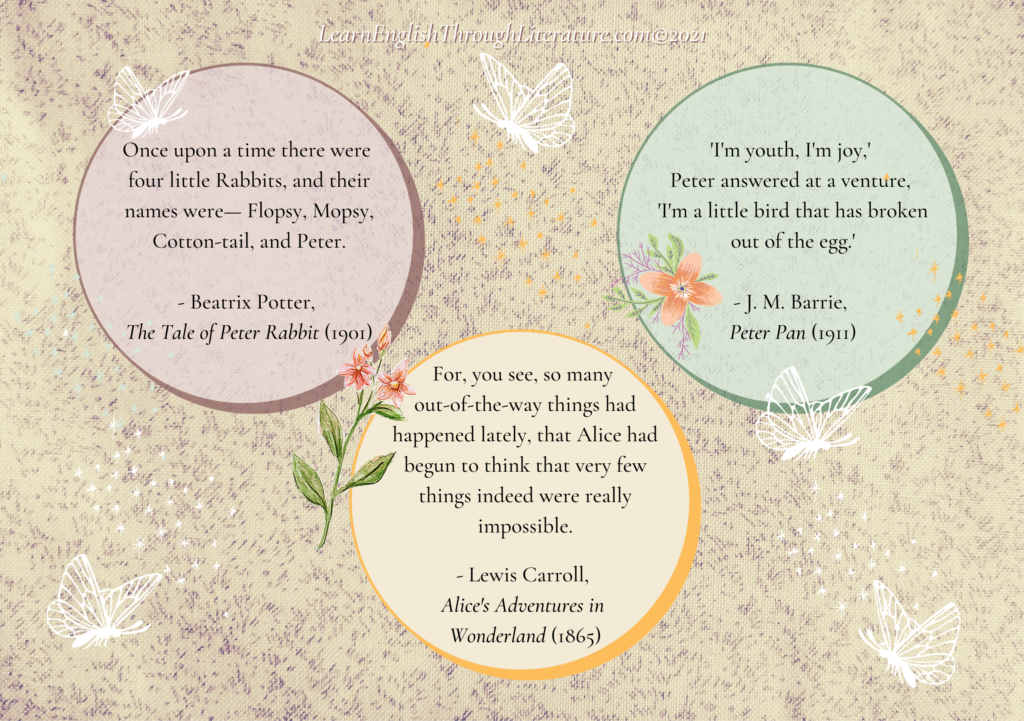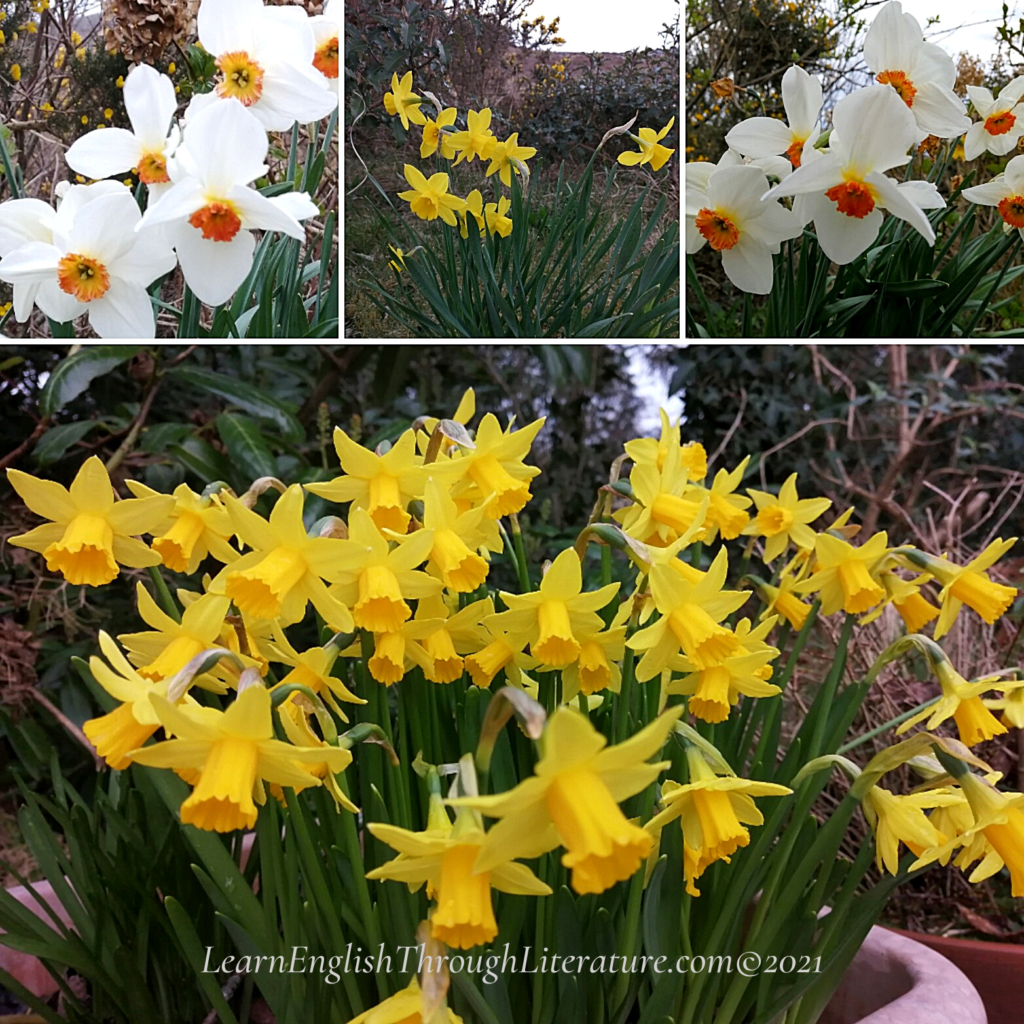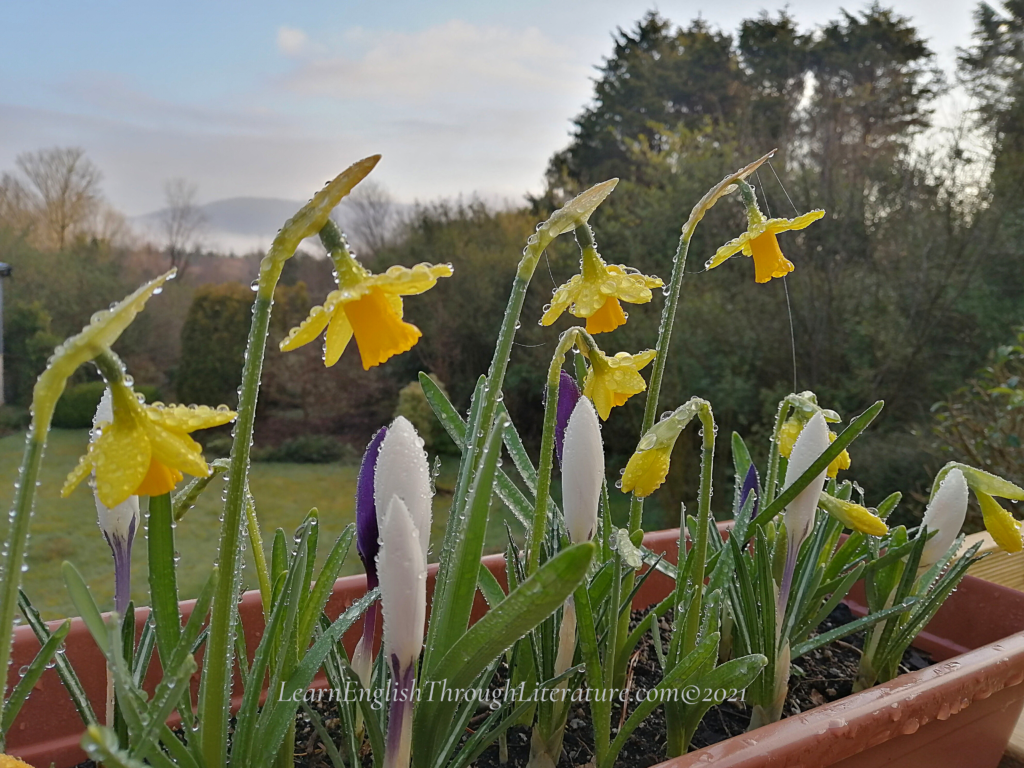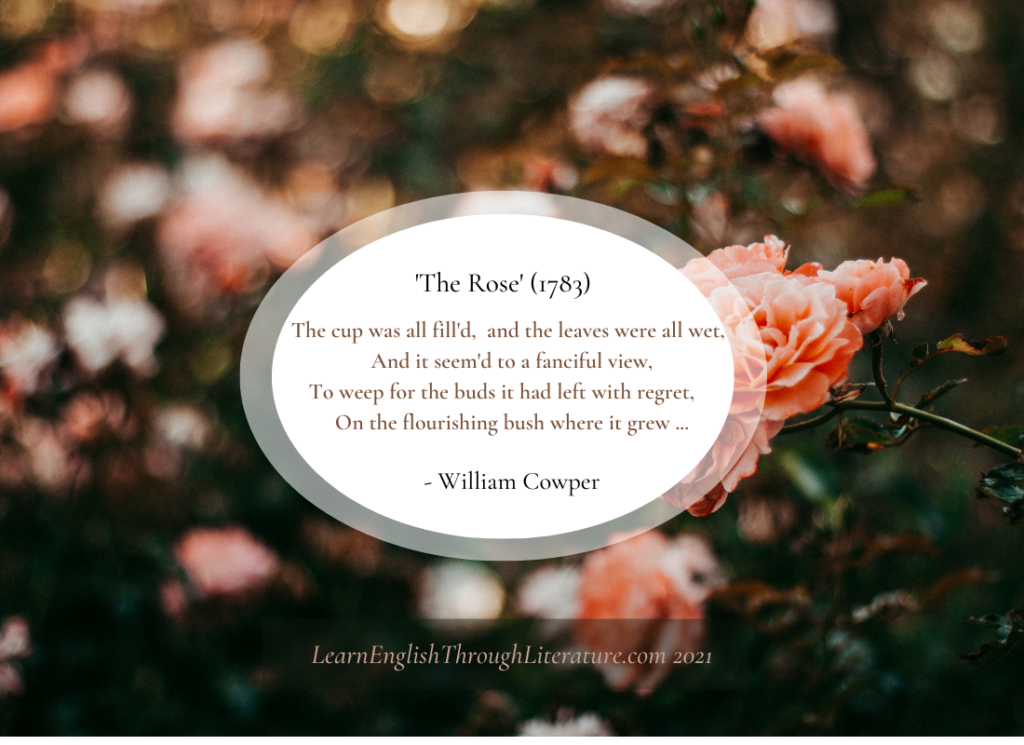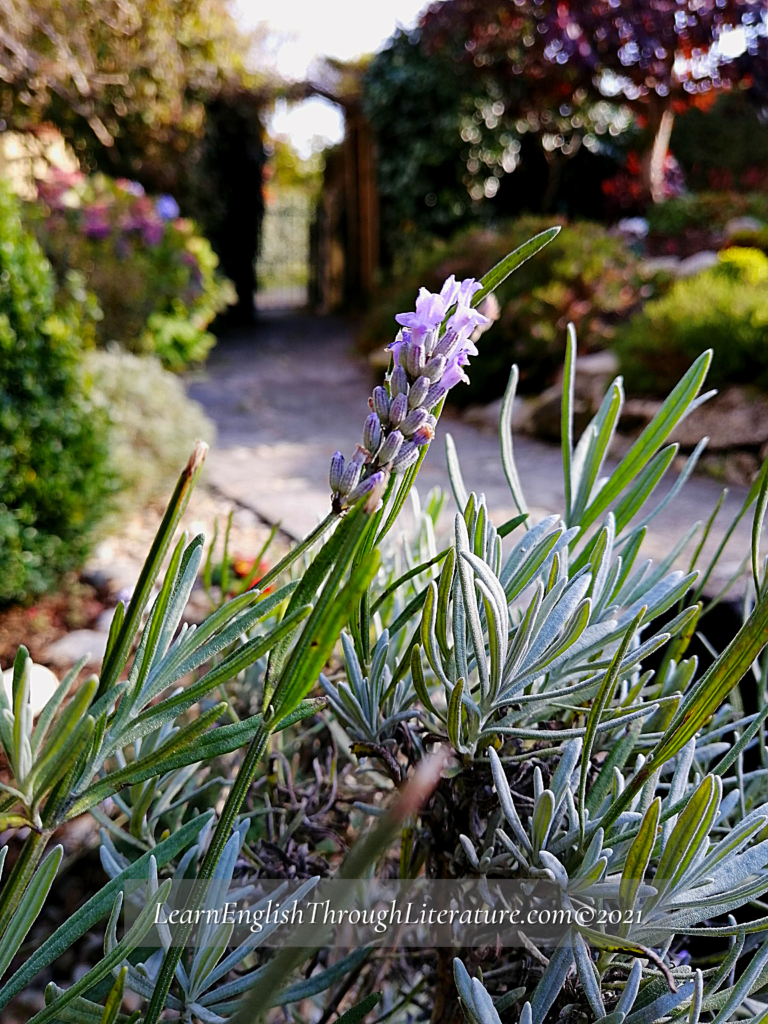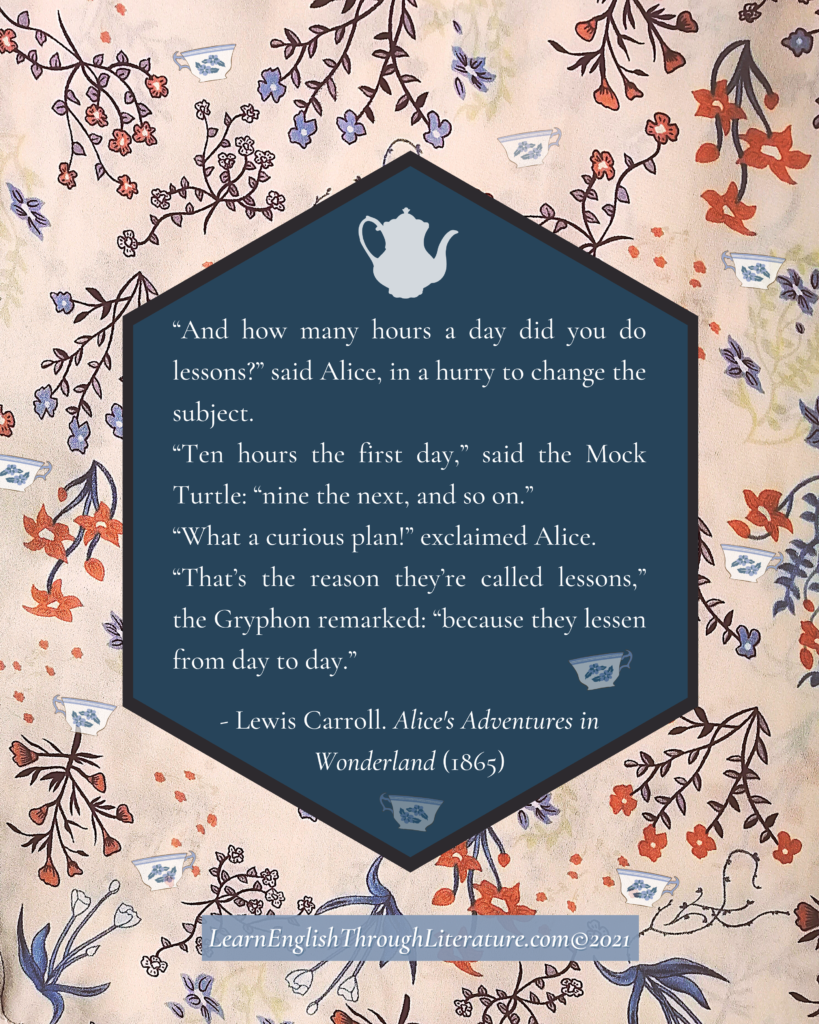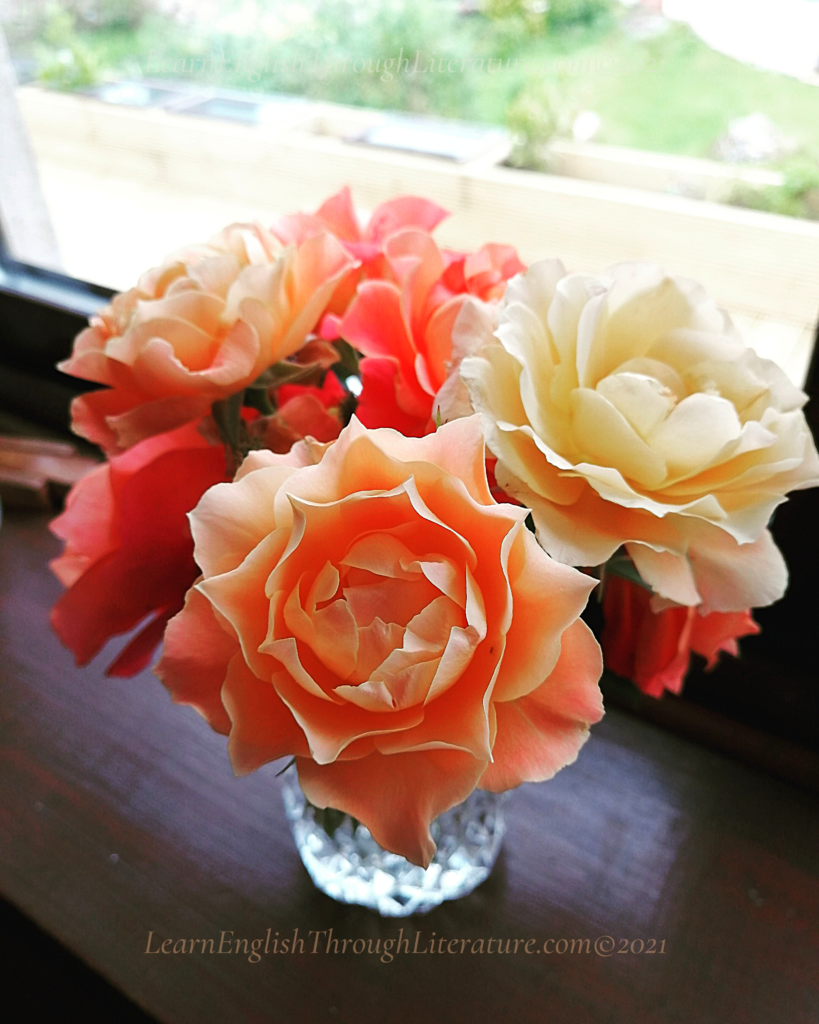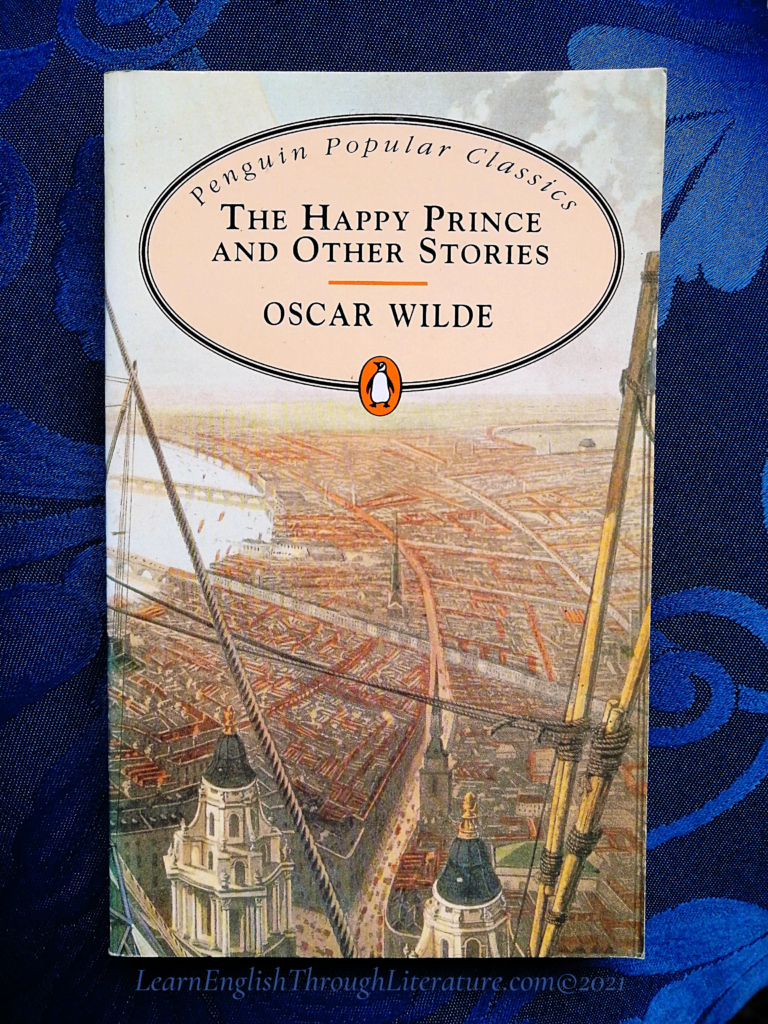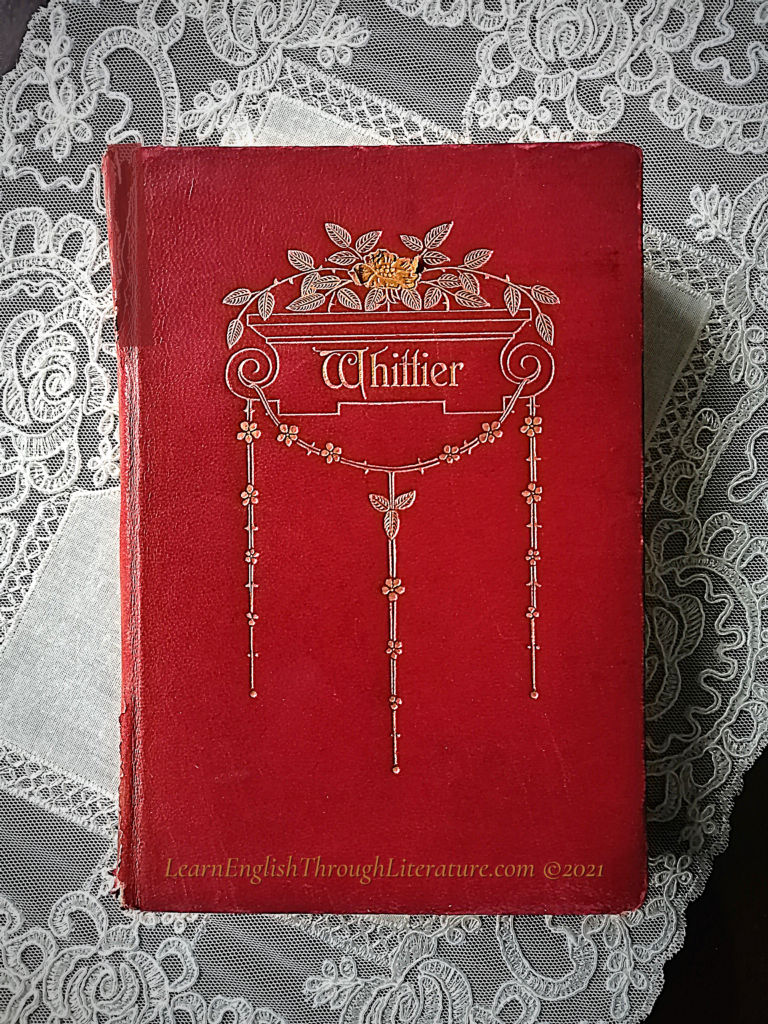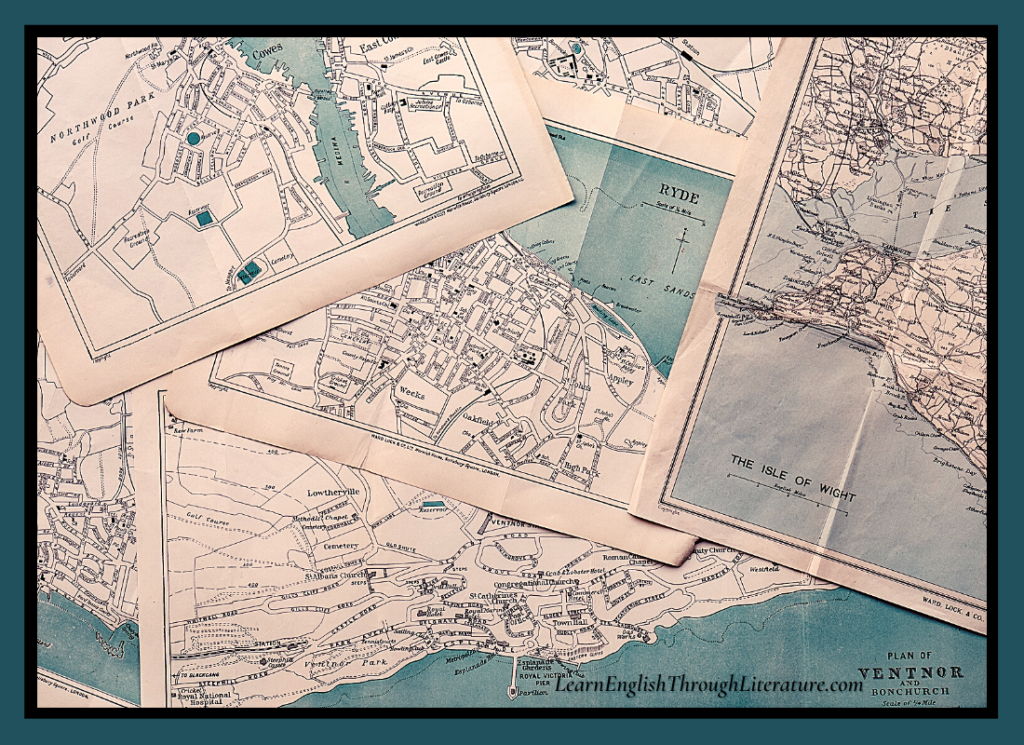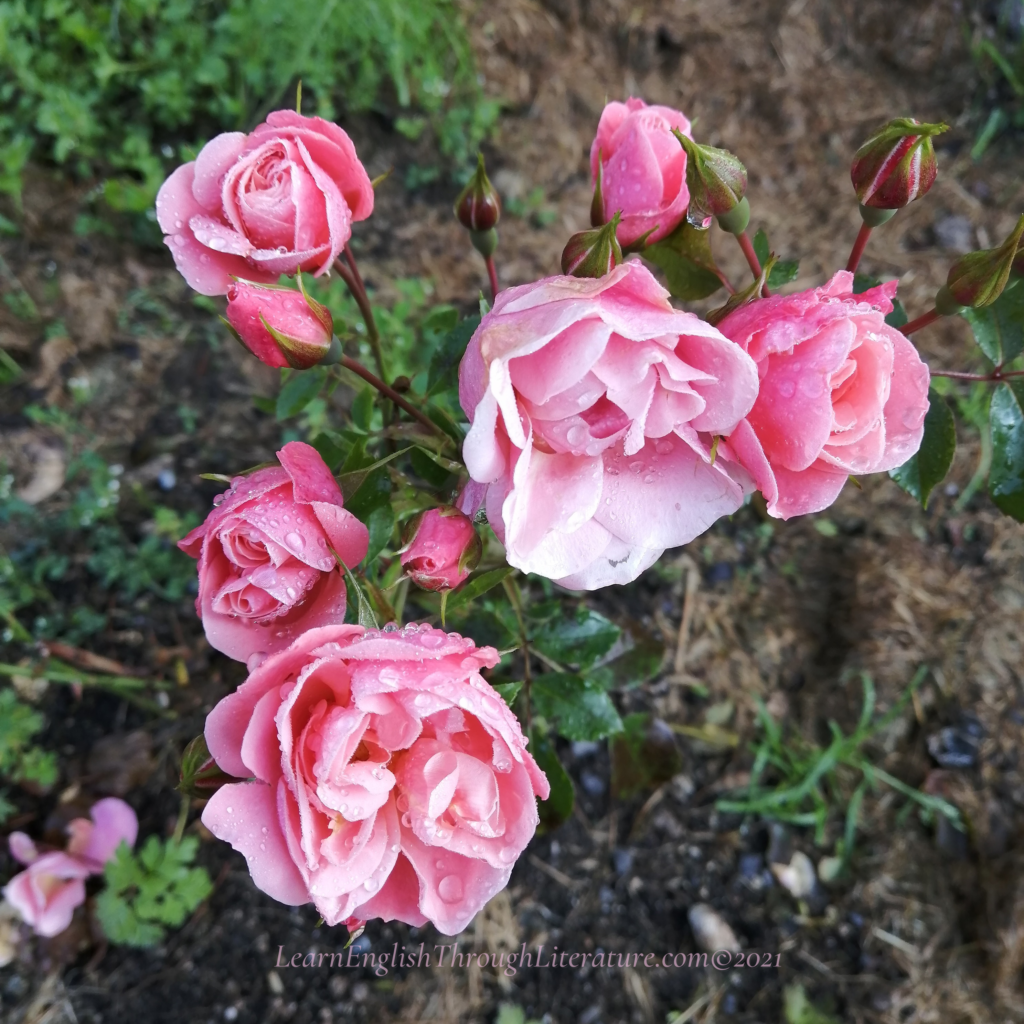Mini-Lesson Monday, Lesson #202 (Part 1): The Differences Between ‘If’ and ‘When’, through Sewell’s ‘Black Beauty’
📗 ‘When it was hot we used to stand by the pond in the shade of the trees, and when it was cold we had a nice warm shed near the grove.’ – Anna Sewell, Black Beauty (1877) … ‘If’ and ‘when’ are two small conjunctions describing time that are often confusing for English language […]

